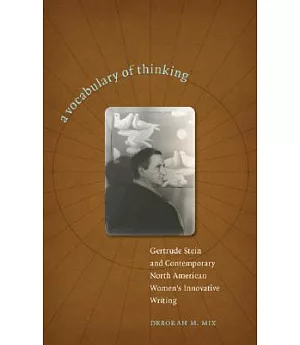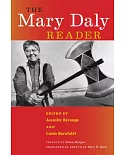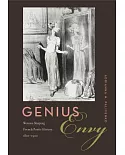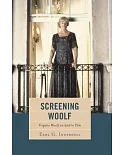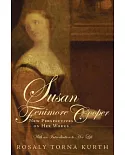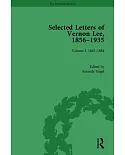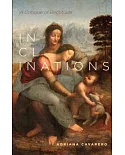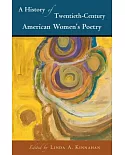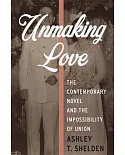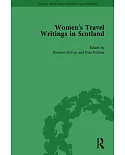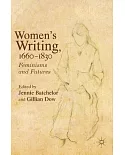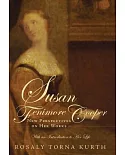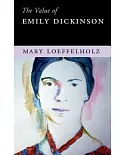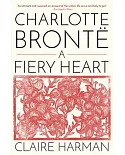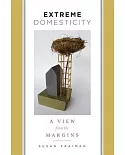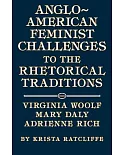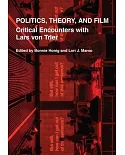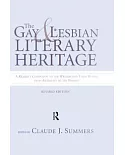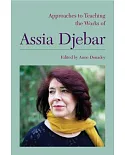Using experimental style as a framework for close readings of writings produced by late twentieth-century North American women, Deborah Mix places Gertrude Stein at the center of a feminist
and multicultural account of twentieth-century innovative writing. Her meticulously argued work maps literary affiliations that connect Stein to the work of Harryette Mullen, Daphne Marlatt,
Betsy Warland, Lyn Hejinian, and Theresa Hak Kyung Cha. By distinguishing a vocabulary-which is flexible, evolving, and simultaneously individual and communal--from a lexicon-which is
recorded, fixed, and carries the burden of masculine authority--Mix argues that Stein's experimentalism both enables and demands the complex responses of these authors.
Arguing that these authors have received relatively little attention because of the difficulty in categorizing them, Mix brings the writing of women of color, lesbians, and
collaborative writers into the discussion of experimental writing. Thus, rather than exploring conventional lines of influence, she departs from earlier scholarship by using Stein and her
work as a lens through which to read the ways these authors have renegotiated tradition, authority, and innovation.
Building on the tradition of experimental or avant-garde writing in the United States, Mix questions the politics of the canon and literary influence, offers close readings
of previously neglected contemporary writers whose work doesn't fit within conventional categories, and by linking genres not typically associated with experimentalism-lyric, epic, and
autobiography-challenges ongoing reevaluations of innovative writing.

